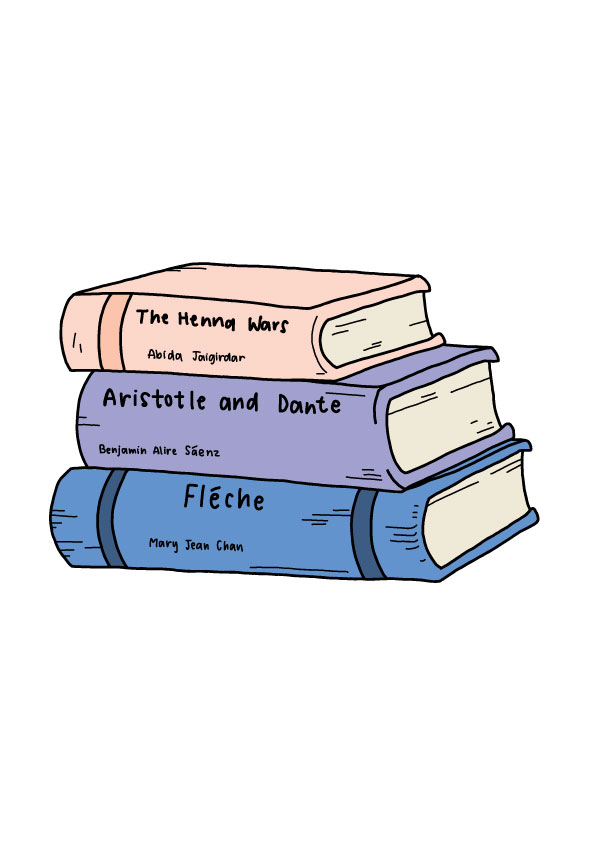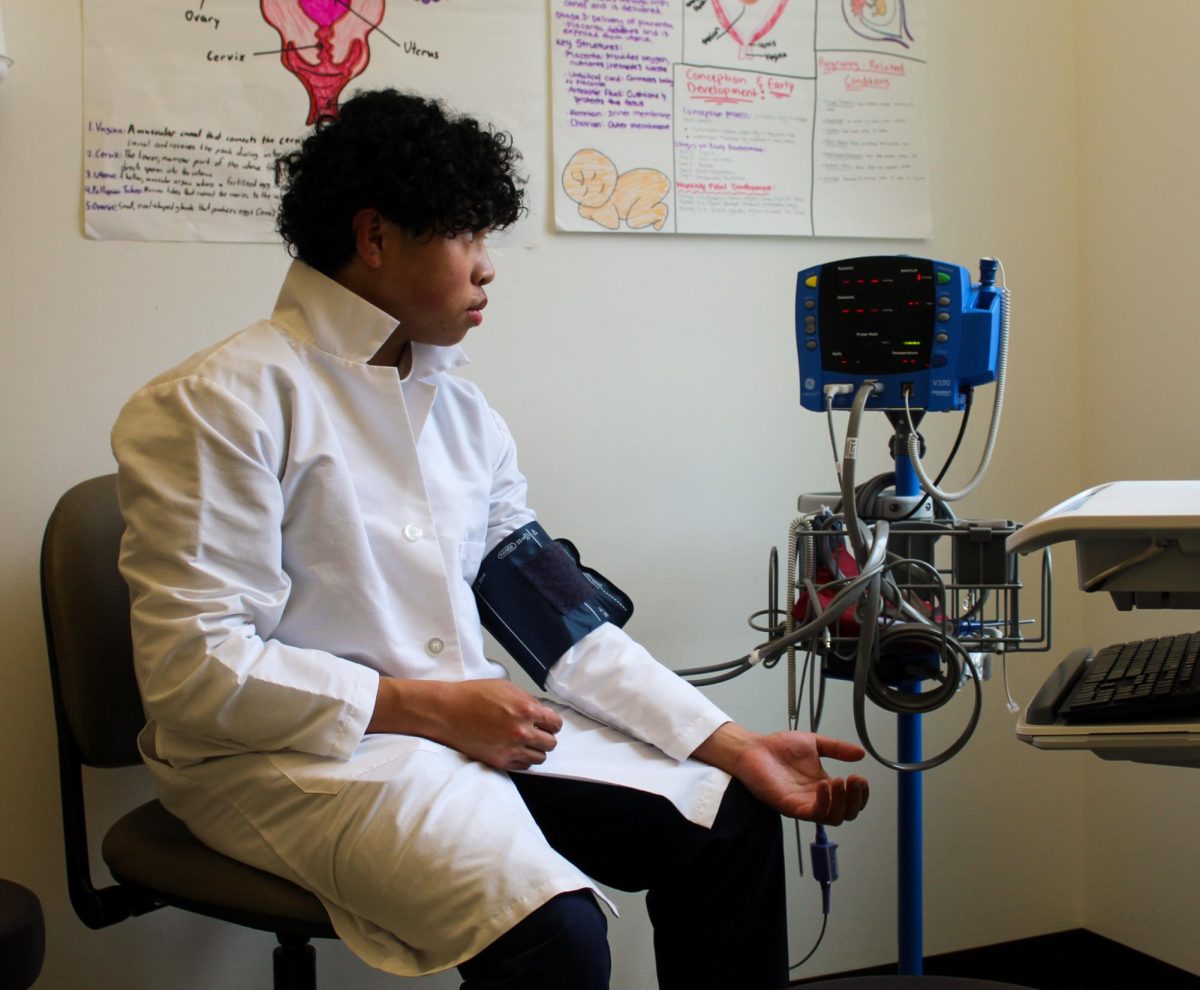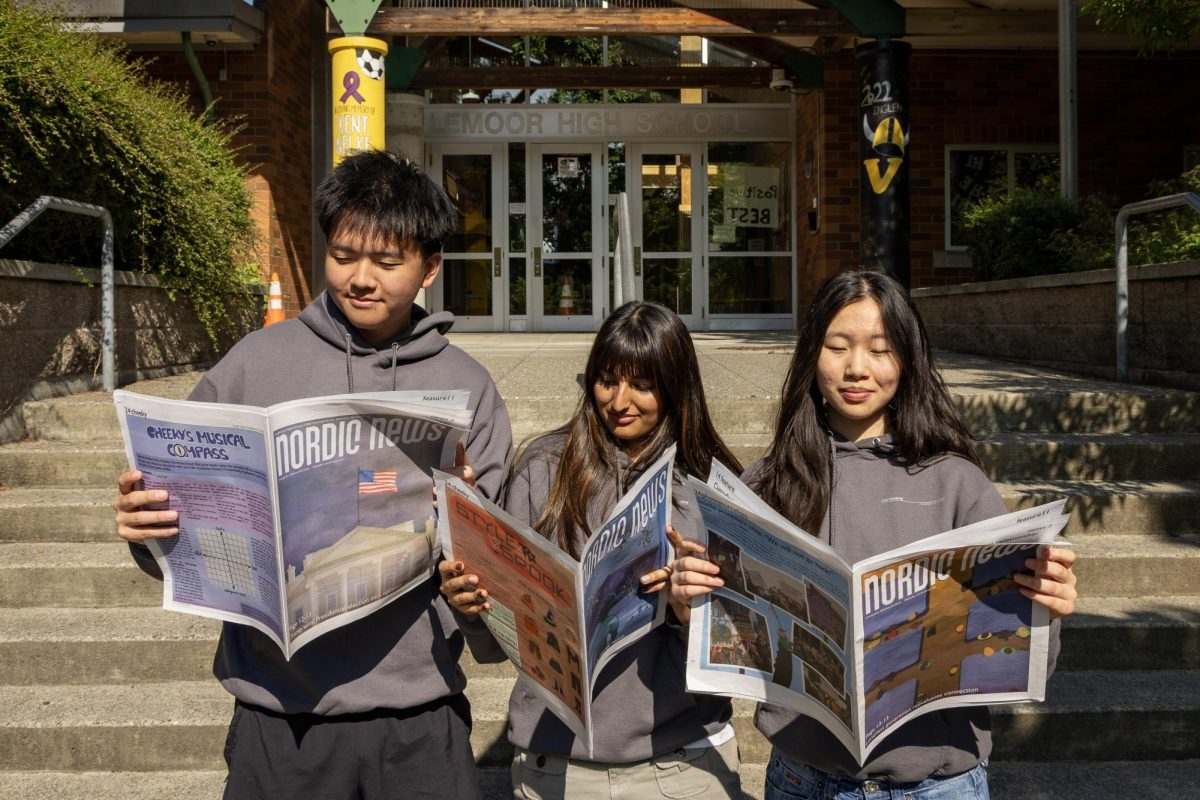
About the Contributors
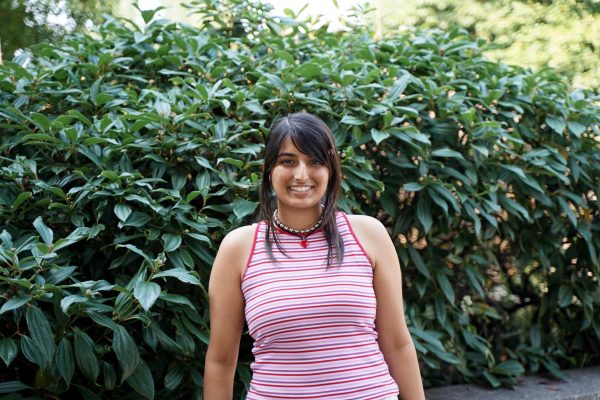
Shirene Khandpur (she/her), Co-Editor-in-Chief
Senior Shirene Khandpur is eager to return for her final year of Nordic as Co-Editor-in-Chief and looks forward to leading the team. Since middle school, she’s been involved with and leading student-run publications, and she looks forward to being part of a publication as big as Nordic in a world where journalism is increasingly crucial. This year, she hopes to explore novel article ideas and bring the staff closer together. Outside of Nordic she’s an avid member of Model UN, serving as an officer and staffing frequently (register for NSDMUN!!). She’s also an IB Diploma student and enjoys the subjects of IB Global Politics and History of the Americas. In her free time, she loves listening to and discovering new music, painting and sketching, hanging out with friends and going for walks with her dog, Cashew.
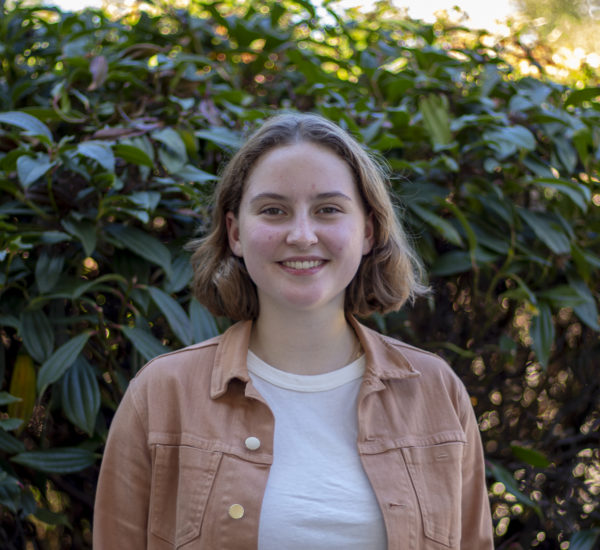
Annika Wegener (she/they), Reporter
Senior Annika Wegener is beginning her first year on the Nordic News staff for the 2023-2024 school year. Following two years of leading a writer’s group for a youth organization, she is excited to join another community of writers! She looks forward to writing relevant articles that inform and engage the Inglemoor community. Outside of Nordic, Annika is pursuing her IB diploma and enjoys singing and creative writing.
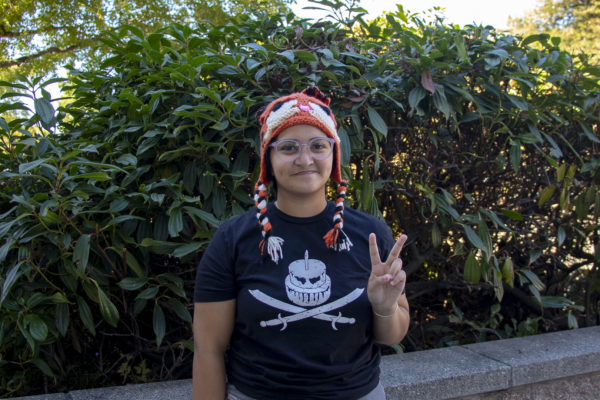
Pia Adtani (they/them), Managing Editor
Senior Pia Adtani is Nordic’s 2023-24 Managing Editor. They’re thrilled to be back again working with friends they made last year, as well as excited to meet some new faces. Their ultimate goal for this year is to make Nordic a great work environment for staff while also continuing to sharpen their writing skills. Outside of Nordic, Pia enjoys listening to music or an audiobook, drinking tea, and continuing their education in Fashion and Pop Culture Affairs.
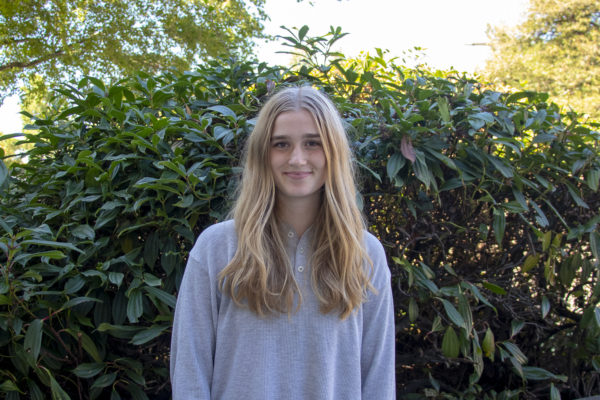
Cate Bouvet (she/her), Co-Editor-in-Chief
Cate Bouvet is the Co-Editor-in-Chief of Nordic News this year and is excited to lead Nordic’s staff in publishing relevant and engaging articles. In her third year on staff, she hopes to mentor new reporters and strive for objectivity. Outside of Nordic, Cate is also captain of Inglemoor’s cross-country team and volunteers at Seattle Aquarium. In her free time, she enjoys reading, writing, skiing, and spending time with family and friends.
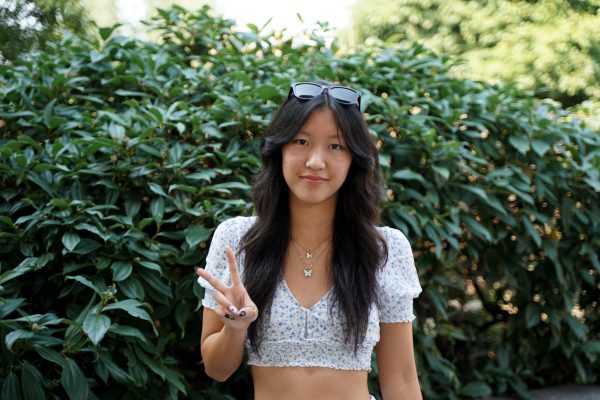
Iris Huang (she/her), Co-Design Editor
Junior Iris Huang is so excited to return for her third year in Nordic News as Co-Design Editor. She hopes to continue writing insightful articles along with creating eye-catching layouts and stunning graphics. Iris is also one of the captains for the IHS swim team, one of the directors of marketing for FBLA; she also works part time for Seattle Badminton Club. In her free time, she’ll probably be taking an excessively long nap or window shopping on sketchy online sites.







